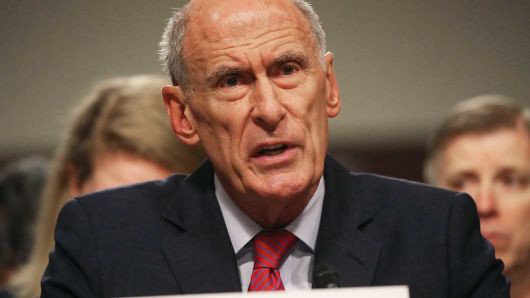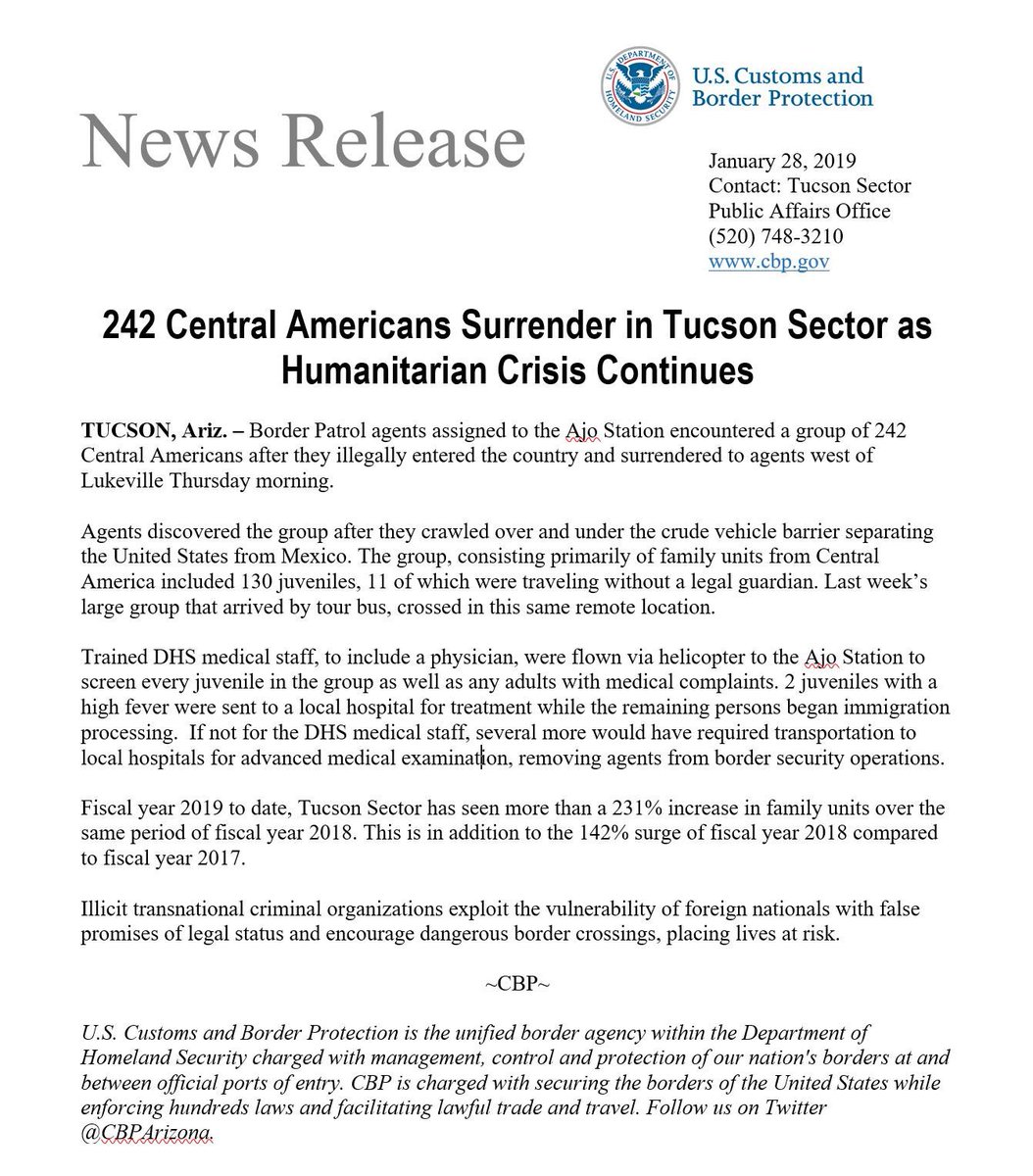Traditional adversaries will continue attempts to gain and assert influence, taking advantage
of changing conditions in the international environment—including the weakening of the
post-WWII international order and dominance of Western democratic ideals, increasingly isolationist
tendencies in the West, and shifts in the global economy. These adversaries pose challenges within
traditional, non-traditional, hybrid, and asymmetric military, economic, and political spheres. Russian
efforts to increase its influence and authority are likely to continue and may conflict with U.S. goals
and priorities in multiple regions. Chinese military modernization and continued pursuit of economic
and territorial predominance in the Pacific region and beyond remain a concern, though opportunities exist to work with Beijing on issues of mutual concern, such as North Korean aggression and continued
pursuit of nuclear and ballistic missile technology.
Despite its 2015 commitment to a peaceful nuclear program, Iran’s pursuit of more advanced missile
and military capabilities and continued support for terrorist groups, militants, and other U.S. opponents will continue to threaten U.S. interests. Multiple adversaries continue to pursue capabilities to inflict potentially catastrophic damage to U.S. interests through the acquisition and use of weapons of mass destruction (WMD), which includes biological, chemical, and nuclear weapons.
In addition to these familiar threats, our adversaries are increasingly leveraging rapid advances in
technology to pose new and evolving threats —particularly in the realm of space, cyberspace,
computing, and other emerging, disruptive technologies. Technological advances will enable
a wider range of actors to acquire sophisticated capabilities that were previously available only to
well-resourced states.
No longer a solely U.S. domain, the democratization of space poses significant challenges for the United States and the IC. Adversaries are increasing their presence in this domain with plans to reach or exceed parity in some areas. For example, Russia and China will continue to pursue a full range
of anti-satellite weapons as a means to reduce U.S. military effectiveness and overall security.
Increasing commercialization of space now provides capabilities that were once limited to global powers to anyone that can afford to buy them. Many aspects of modern society—to include our ability to conduct military operations—rely on our access to and equipment in space.
Full report here.Strategy Promotes Integration, Innovation, Partnerships, and Transparency
for the 17 Intelligence Elements

Director of National Intelligence Daniel R. Coats unveiled the 2019 National Intelligence Strategy (NIS) today. The NIS is the guiding strategy for the U.S. Intelligence Community (IC) and will drive the strategic direction for the Nation’s 17 IC elements for the next four years.

The 2019 strategy is the fourth iteration for the NIS and seeks to make our nation more secure by driving the IC to be more integrated, agile, resilient, and innovative.
“This strategy is based on the core principle of seeking the truth and speaking the truth to our policymakers and the American people in order to protect our country,” said Director Coats. “As a Community, we must become more agile, build and leverage partnerships, and apply the most advanced technologies in pursuit of unmatched insights. The 2019 NIS provides a roadmap to achieve this end.”
The NIS is one of the most important documents for the IC, as it aligns IC efforts to the National Security Strategy, sets priorities and objectives, and focuses resources on current and future operational, acquisition, and capability development decisions. Also, the NIS provides the IC with the opportunity to communicate those national priorities to the IC workforce, partners, oversight, customers, and fellow citizens.
The 2019 NIS focuses on:
- Integration – harnessing the full talent and tools of the IC by bringing the right information, to the right people, at the right time.
- Innovation – making the IC more agile by swiftly enabling the right people and leveraging the right technology and using them efficiently to advance the highest priorities.
- Partnerships – leveraging strong, unique, and valuable partnerships to support and enable national security outcomes.
- Transparency – earning and upholding the trust and faith of the IC’s customers and the American people.
The NIS was developed in response to rapid advances made by our adversaries and the ODNI’s recognition that the IC needs to change to more effectively respond to those challenges.
In his 2019 NIS opening message, the DNI states, “We face a significant challenge in the domestic and global environment; we must be ready to meet 21st century challenges and to recognize emerging threats and opportunities. To navigate today’s turbulent and complex strategic environment, we must do things differently.”
To guide the IC in facing these challenges, the NIS identifies and explains the IC’s objectives – both what the Community must accomplish (mission objectives) and what capabilities the Community must build in order to do so (enterprise objectives).
The seven mission objectives are 1) strategic intelligence; 2) anticipatory intelligence; 3) current operations intelligence; 4) cyber threat intelligence; 5) counterterrorism; 6) counterproliferation; and 7) counterintelligence and security.
The seven enterprise objectives are 1) integrated mission management; 2) integrated business management; 3) people; 4) innovation; 5) information sharing and safeguarding; 6) partnerships; and 7) privacy, civil liberties, and transparency.
“These objectives will allow the IC to continue the crucial work of supporting our senior policymakers, warfighters, and democracy while increasing transparency and protecting privacy and civil liberties,” said Director Coats.
The NIS includes the seven Principles of Professional Ethics for the Intelligence Community: 1) mission; 2) truth; 3) lawfulness; 4) integrity; 5) stewardship; 6) excellence; and 7) diversity. The NIS also includes the Principles of Intelligence Transparency for the Intelligence Community.
“Transparency will be our hallmark, and I cannot stress this enough – this is not a limitation on us,” said Director Coats. “Transparency will make us stronger. It is the right thing to do, across the board. This is the reason we publish the NIS at the unclassified level.”
The Office of the Director of National Intelligence oversees the coordination and integration of the 17 federal organizations that make up the Intelligence Community. The DNI sets the priorities for and manages the implementation of the National Intelligence Program, which is the IC’s budget. Additionally, the DNI is the principal advisor to the President and the National Security Council on all intelligence issues related to national security.


%2Fhttps%3A%2F%2Fwww.thestar.com%2Fcontent%2Fdam%2Fthestar%2Fnews%2Fworld%2Famericas%2F2019%2F02%2F06%2Fthe-latest-venezuelan-man-urges-military-to-let-in-us-aid%2FCOL102-26_2019_175024.jpg&f=1)
 Al Din along with Fawzi Kan’an
Al Din along with Fawzi Kan’an %2Fhttps%3A%2F%2Fwww.thestar.com%2Fcontent%2Fdam%2Fthestar%2Fvancouver%2F2019%2F01%2F23%2Fhow-meng-wanzhous-p-passport-works%2Fhuawei_meng_wanzhou.jpg&f=1)



